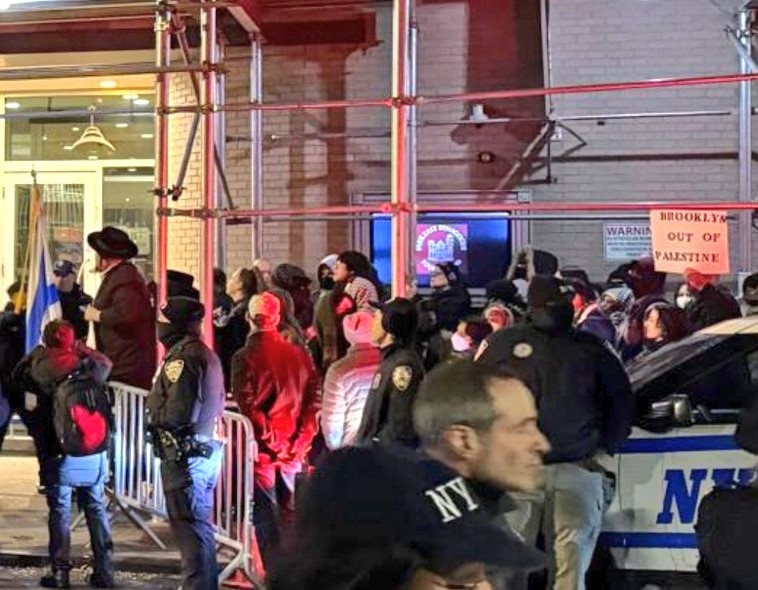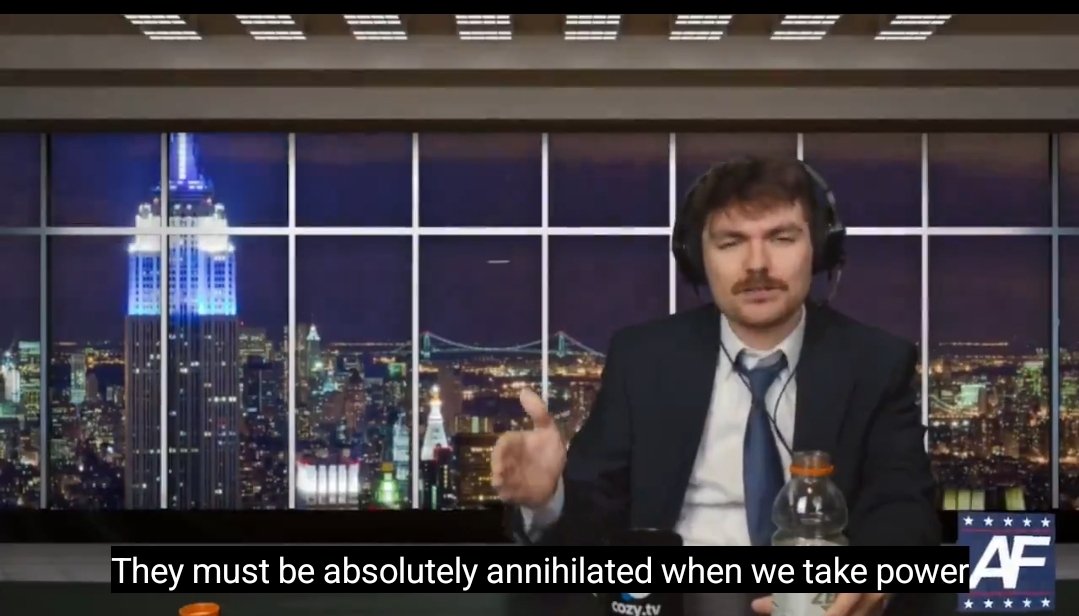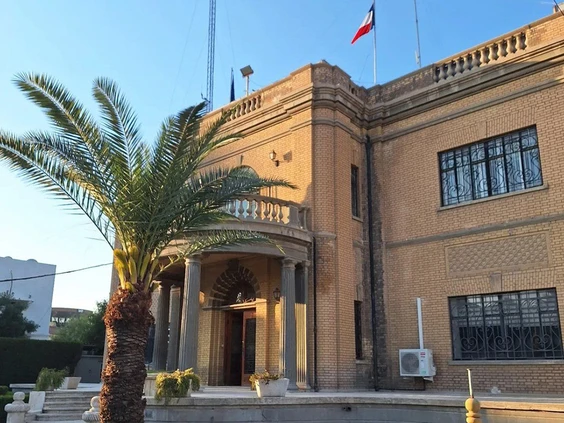The Road Between Us will screen only once at an undisclosed location, while Palestine 1936 receives six screenings.
The Toronto International Film Festival (TIFF) is under criticism for what many are calling a double standard in its programming. The controversy centers on TIFF’s initial cancellation and subsequent restricted reinstatement of an Israeli documentary about the October 7 Hamas attacks, while prominently promoting a film that presents a disputed account of the 1936 Arab Revolt.
Earlier this month, TIFF removed The Road Between Us: The Ultimate Rescue from its schedule. The documentary chronicles retired Israeli Major General Noam Tibon’s efforts to rescue his family during the Hamas assault on Kibbutz Nir Oz, in which more than 1,200 people were killed and over 240 were taken hostage. Festival organizers said the removal was due to eligibility concerns, specifically over legal clearance for footage obtained from Hamas sources.
The decision sparked widespread criticism after it emerged that TIFF’s clearance requirements would have effectively forced Israeli filmmakers to seek permission from Hamas, an organization classified as a terrorist group by Canada and numerous other countries.
Following days of backlash, TIFF reversed course and reinstated the film. However, the festival scheduled it for only a single screening, at an undisclosed location. Critics say this limitation significantly restricts access compared to other films in the lineup.
While The Road Between Us will have just one showing, TIFF is giving Palestine 1936 six screenings across the festival. The documentary depicts the 1936 Arab Revolt as an anti-colonial uprising against British rule. Historically and factually speaking, the revolt included systematic violence against Jewish communities in Mandatory Palestine, including pogroms, assassinations, and massacres that left hundreds dead.
The contrast has fueled accusations of antisemitic bias, with observers pointing to the stark difference in how the two films have been treated. A documentary about the mass killing of Jews on October 7 was nearly excluded and is now shown only once in secret, while a film accused of omitting or downplaying anti-Jewish violence during the Arab Revolt enjoys multiple screenings and prominent promotion.








One Response
Can you be more specific about the content of your article? After reading it, I still have some doubts. Hope you can help me.